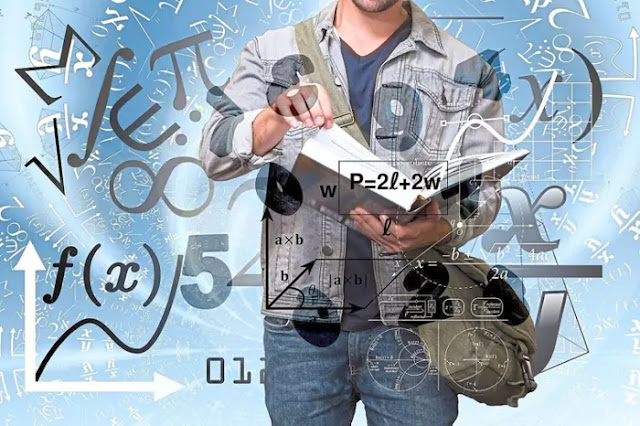WHILE teaching mathematics in two countries, Malaysia and China, I have noticed that the way students master this subject is deeply influenced by their own educational culture and assessment systems.
Scientific calculators and artificial intelligence (AI) are now part and parcel of the learning process. However, the students’ approaches to using these tools are still firmly rooted in the foundational values shaped by their respective systems.
In Malaysia, the use of scientific calculators is a standard practice among students at the upper secondary level.
Students are allowed to use them for mathematics and additional mathematics papers in the SPM exams, especially for questions involving trigonometry, logarithms or statistical calculations.
They do speed up calculations and minimise errors, but overly relying on them can sometimes lead to weaker mastery of basic computational skills and reduced understanding of the core mathematical concepts.
Teaching foundation students at Xi’an International University in China under the Universiti Malaya (UM) offshore programme revealed a very different learning system.
Many students there had never used scientific calculators before.
As they were preparing to pursue their undergraduate studies at UM, I made them use the calculators during lectures and assessments.
They were hesitant at first, but I could see their excitement when they tried to use the device.
Nevertheless, most of them continued to solve problems, such as multiplication, square roots and trigonometric expressions, manually and did so with remarkable speed and precision.
This comfort with manual computation stemmed from their early training and a system that actively reinforces such skills.
One of the main reasons for this is China’s national university entrance exam, Gaokao. Known for its intensity and competitiveness, Gaokao strictly prohibits the use of calculators in the mathematics paper. This policy is intentional; it aims to assess a student’s genuine computational skills, ensure fairness across all regions and backgrounds, and encourage deep mastery of mathematical principles without relying on technology. As a result, Chinese students are trained from young to memorise formulas and solve problems manually.
The outcome is a generation of students who possess strong fundamental skills and a high level of confidence when tackling complex problems using logical and structured steps.
Despite these systemic differences, global developments continue to impact both countries. Students in Malaysia and China are now turning to Ai-powered apps such as CHATGPT, Deepseek, Symbolab, and Photomath, and are becoming increasingly dependent on Ai-generated solutions without fully engaging with the problem-solving process.
To address this, I apply a simple yet effective approach in my classroom. Students are required to answer the questions using their own reasoning first before they are allowed to check or verify their answers using AI.
This approach trains them to think critically, assess their own solutions, and compare them with the output provided by AI tools. It also builds confidence in their conceptual understanding.
What I find most encouraging is how students respond when their answers differ from the Ai-generated ones. On several occasions, I have heard them say confidently, “I think my answer is correct. The AI is wrong.” To me, this is a clear indicator of authentic learning.
These students are not simply replicating solutions; they have internalised the logic, are able to explain their reasoning, and are not afraid to challenge the authority of a machine when they believe in their own understanding.
I fully support the integration of AI as a learning tool, but I also believe that solving problems manually and conceptual mastery of the subject – in this case mathematics – must remain the foundation of education.
Technology should enhance students’ learning but not replace their ability to think.
FATIN NABILA ABD LATIFF Senior lecturer Mathematics Division Centre for Foundation Studies in Science Universiti Malaya

